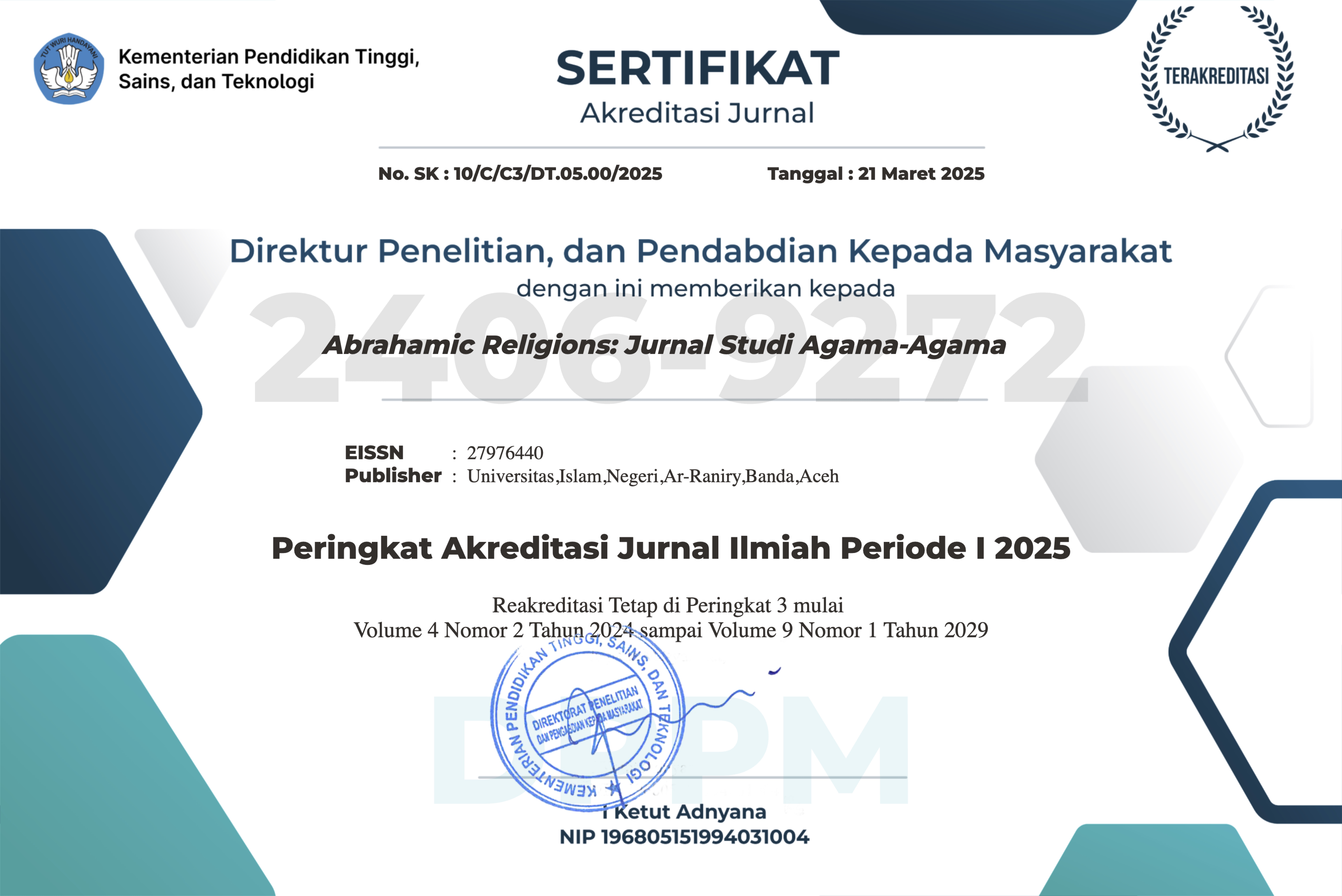ADDITIONAL MENU
- EDITORIAL BOARD
- REVIEWERS
- FOCUS AND SCOPE
- AUTHOR GUIDELINES
- PUBLICATION ETHICS
- REVIEW PROCESS
- COPYRIGHT NOTICE
- PLAGIARISM POLICY
- LOA VERIFICATION
ACCREDITED
 Download Certificate
Download Certificate
JOURNAL TEMPLATE

CONTACT ADMIN

RECOMMENDED TOOLS
INDEXED IN
VISITOR STATISTICS












